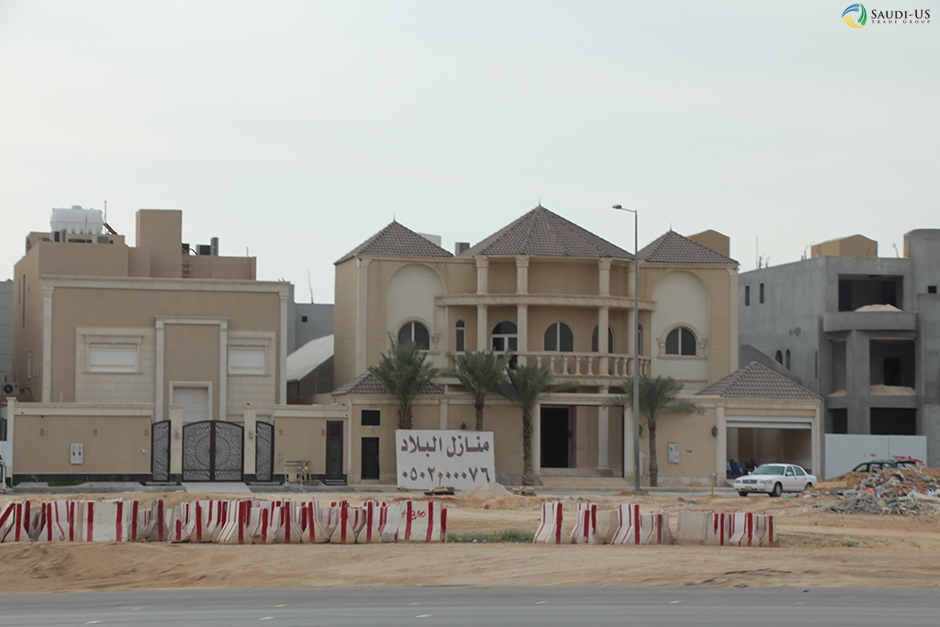Saudi Arabia’s Capital Markets Authority (CMA) announced that it has approved rules for exchange-listed real estate funds as Kingdom seeks to entice investment to develop housing in Saudi Arabia.
“It is important to mention that these instructions aim to regulate offering of Real Estate Investment Traded Funds that has a primary investment objective to invest in construction developed real estates that generate periodic income, and distribute a prescriptive percentage of the fund’s net income in cash to the unitholders,” the CMA said. “When preparing these instructions, international best practices and standards have been taken into consideration in order to achieve the desired goals.”
[Click here to view the Real Estate Investment Traded Funds Instructions from the CMA]
The move to create real estate-funds is the latest in a year of reforms to the housing market in Saudi Arabia.

Saudi Arabia plans to build 1.5 million homes over the next seven or eight years,
Saudi Arabia plans to build 1.5 million homes over the next seven years, according to reports and analysts. The government’s plans to create its own development company and start a mortgage-guarantee fund to encourage banks to increase lending for Saudis, the Minister of Housing Majed al-Hogail told Bloomberg in April.
“‘We are looking to improve the productivity of the local developers’ but also trying to attract international developers and teaming consultants and builders for some projects,” the Minister said, according to Bloomberg.
In February, Saudi Arabia’s central bank said in a statement it plans to launch an “affordable mortgage” program to finance residential real estate purchases by Saudi citizens, according to reports.
Under that scheme, some buyers would be responsible for a down payment of 15 percent of the property’s value, and commercial banks would supply a further 70 percent. An additional 15 percent that would be guaranteed by the Ministry of Finance.
One of the first acts by the government was to impose a tax on unused lands, which incentivizes property owners to develop the land or sell it to those who will. The tax was approved in January.









